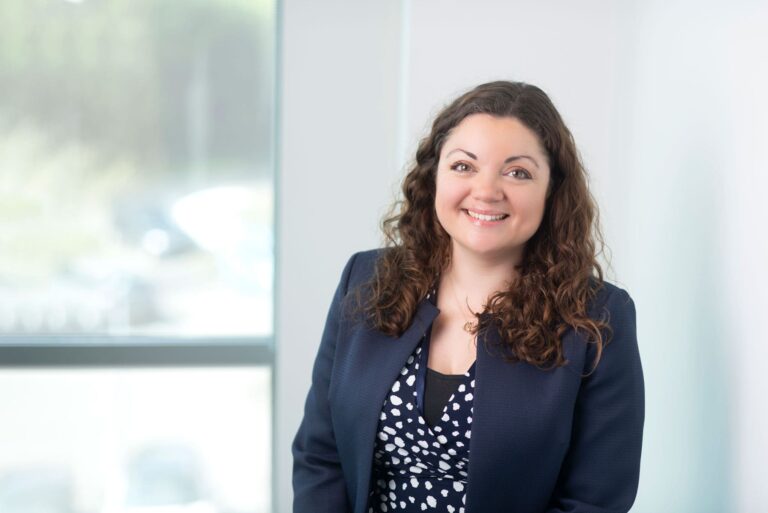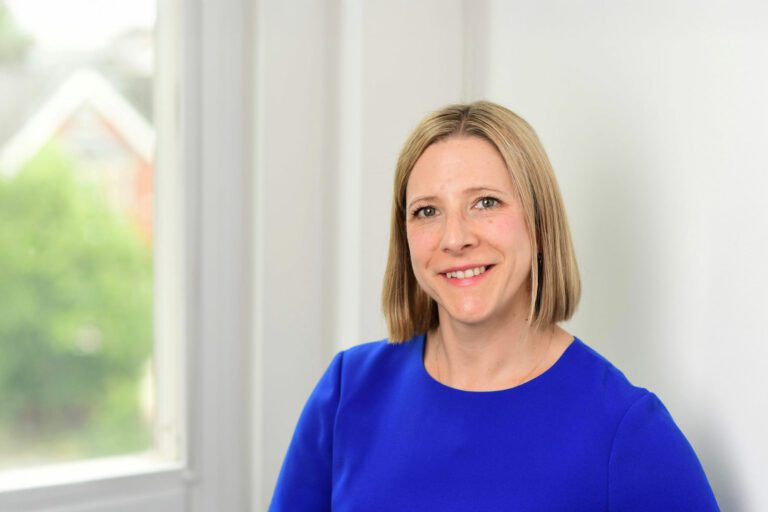The team have such a vast level of experience and knowledge.
This is unarguably the best family team in the South West. They are great team players and work collaboratively.
Michelmores are capable of dealing with a range of complex matters that may arise within the context of divorce proceedings.
Michelmores have a strong reputation for being robust and they fight their clients’ corner very strongly.
The family team one of the best in the area, with a well deserved reputation fantastic client care and strategic representation. They offer a high-level service that is then reflected in proceedings where bundles/pleadings are prepared immaculately and clients feel supported and confident. I am always delighted to work with Michelmores, knowing that the brief and papers will be immaculate and the client’s expectations well managed.
Excellent firm with a range of talent in complex jurisdictional family matters for private children and financial cases. The firm also has excellent partners and associates with experience in complicated legal cost funding applications, financial provisions for children, financial matters arising from divorce, and private children disputes.
A full-service law firm with footholds around the world, they bring excellence wherever they go.
Often, the most challenging issue is reaching an agreement about what the fair financial arrangement should be to enable separating parties to adjust to their new circumstances.
Our team is highly experienced in negotiating financial settlements. We deal with matters where the resources are relatively modest, as well as those cases where there are very significant assets and/or complex issues involved.
Whatever your circumstances, our Family Finance Solicitors give the same attention to detail and commitment to achieving the most advantageous outcome for you and your family.
To speak with one of our Family law solicitors, please contact us on 0800 923 0400.




















